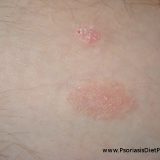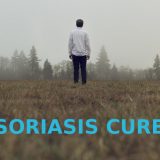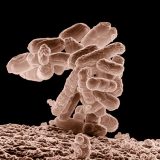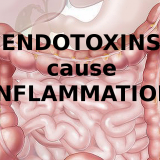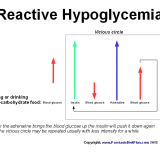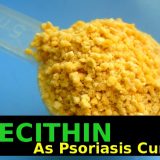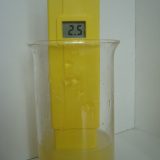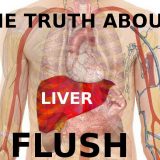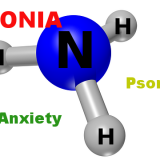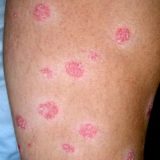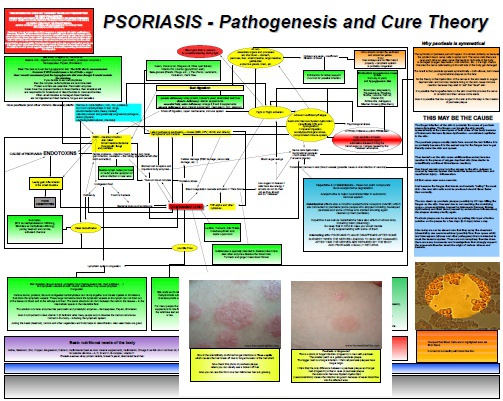Zinc – Supplements for Psoriasis III
Why you should take zinc? – digestion, liver, immunity. Zinc is actually one of the most underrated supplements. Considering its vital function in many processes in the body just thinking about the deficiency of this extremely important mineral is frightening. Without zinc your body couldn’t live. However the three major functions that are linked to psoriasis are: digestion (assimilation of food, disinfection in the stomach), liver (detoxification, making proteins) and immunity (T-cells production and maturation in Thymus). Digestion Zinc plays…


